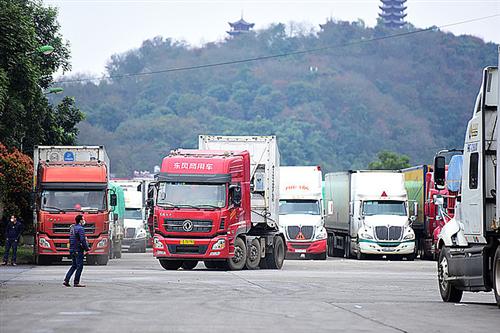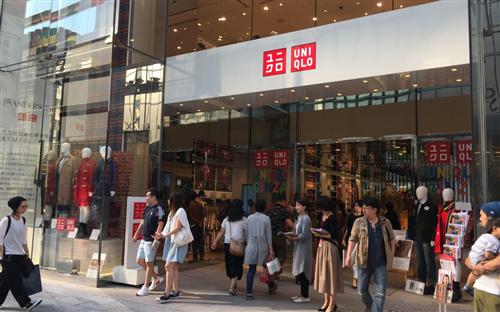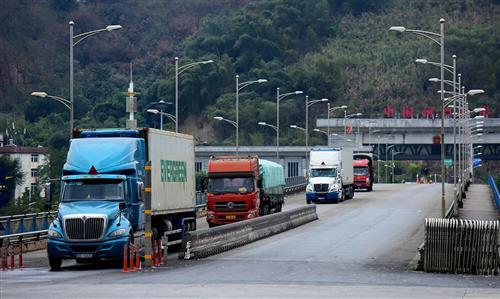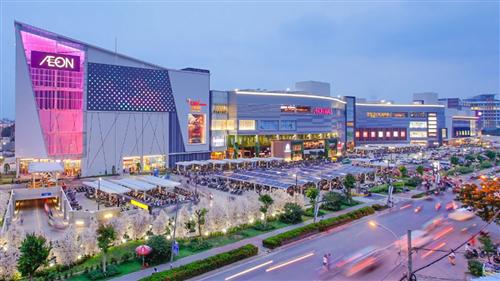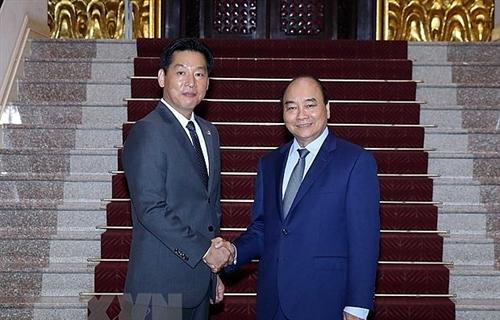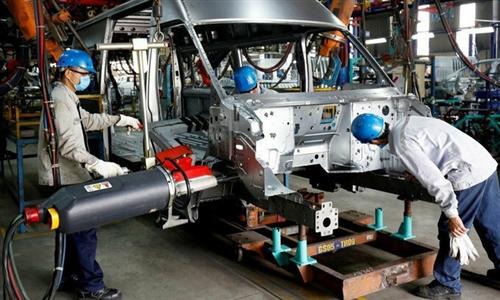Unilever leading the charge to build a circular economy across Vietnam
Unilever leading the charge to build a circular economy across Vietnam
The creation of a public-private collaboration to combat plastic waste in Vietnam has been agreed on via the inking of an MoU between the Ministry of Natural Resources and Environment, Unilever Vietnam International Co., Ltd., Dow Chemical Co., Ltd. Vietnam, and SCG.
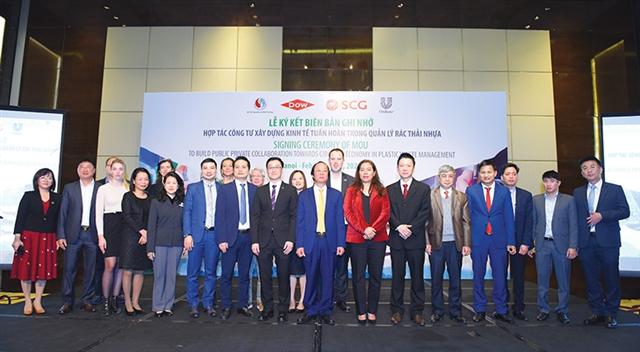
Representatives of enterprises and the Ministry of Natural Resources and Environment at the event
|
Deputy Minister of Natural Resources and Environment Vo Tuan Nhans stated that this is the first such collaboration in the country that seeks to build a circular economy in plastic waste management with emphasis on single-use plastic collection and recycling.”
“The ministry appreciates the initiative and sense of responsibility of Unilever Vietnam, Dow Vietnam, and SCG in their collaboration with the Ministry of Natural Resources and Environment (MoNRE) to deal with plastic waste in Vietnam, especially difficult-to-collect and recyclable plastic waste such as single-use plastic and flexible packaging. I believe that enterprises not only are parts of the problem but also play an important role in finding a solution,” Nhan said.
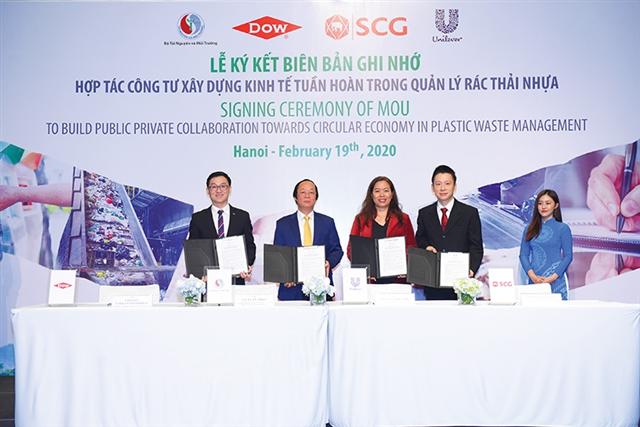
The ceremony to sign the MoU was attended by representatives of Dow Vietnam, SCG, and Unilever, as well as MoNRE Deputy Minister Vo Tuan Nhan (second from left)
|
The collaboration’s goals are to share knowledge, transfer technology, raise public awareness, promote policy dialogue in building a circular economy in plastic waste management, and recycle on a national scale.
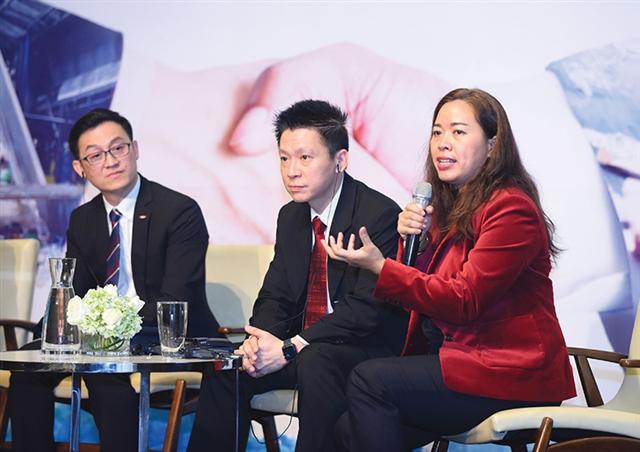
Nguyen Thi Bich Van, chairwoman of Unilever Vietnam, discussed the circular economy
|
“Unilever Vietnam is honoured to be a founding member of this public-private partnership (PPP),” said Nguyen Thi Bich Van, chairwoman of Unilever Vietnam.
“There has been a lot of discussion on the circular economy, as well as plastic waste segregation at source and recycling. However, this is the first time we have established a collaboration to build a circular economy properly. The endorsement from the MoNRE and collaboration of other business partners have reaffirmed our approach in combating plastic waste that the circular economy is the most sustainable solution for Vietnam,” Van told VIR.
Building a circular economy for plastics has been one of the company’s long-term objectives under the Unilever Sustainable Living Plan.
“Plastic is an important invention that has brought great benefits to consumers. But its place is not in the environment. The issue here is how to bring it back to where it belongs in the economy – how to produce not just less plastic but also better plastic that can be recycled, reused, and then is composted,” Van added.
Last year, Unilever announced plans to reduce the use of virgin plastic by half, through absolute plastic reduction and the increase of recycled plastic in its packaging by 2025. The company has also reasserted its commitments to ensure all of its plastic packaging is reusable, recyclable, or compostable, also by 2025.
“The circular economy is a sustainable solution for plastic waste management in Vietnam. It cannot be tackled by enterprises alone – PPPs are needed in order to encourage other agencies to participate together,” said Van. “We expect co-operation in this field will be replicated to both domestic and foreign enterprises, and not be limited to the numbers we have now.”
Dow Vietnam general director Ekkasit Lakkananithiphan said, “As a materials science company and solutions provider, Dow Vietnam is working closely with our partners to create new products, develop recycling technologies, and reach new end markets for recycled materials to help keep plastic out of the environment.”
Meanwhile Thanapat Kaweetraiphop, commercial director of SCG’s subsidiary Long Son Petrochemicals Co., Ltd. said, “Government-driven infrastructure development, stringent regulations, and strict waste management as well as collaboration of all sectors are crucial factors in building a circular economy in plastic waste management around the world.”
According to the MoNRE, one million plastic drinking bottles are purchased every minute, while five billion plastic bags are consumed worldwide. Plastic waste has become a global crisis with the situation getting worse at an alarming rate in Vietnam.



